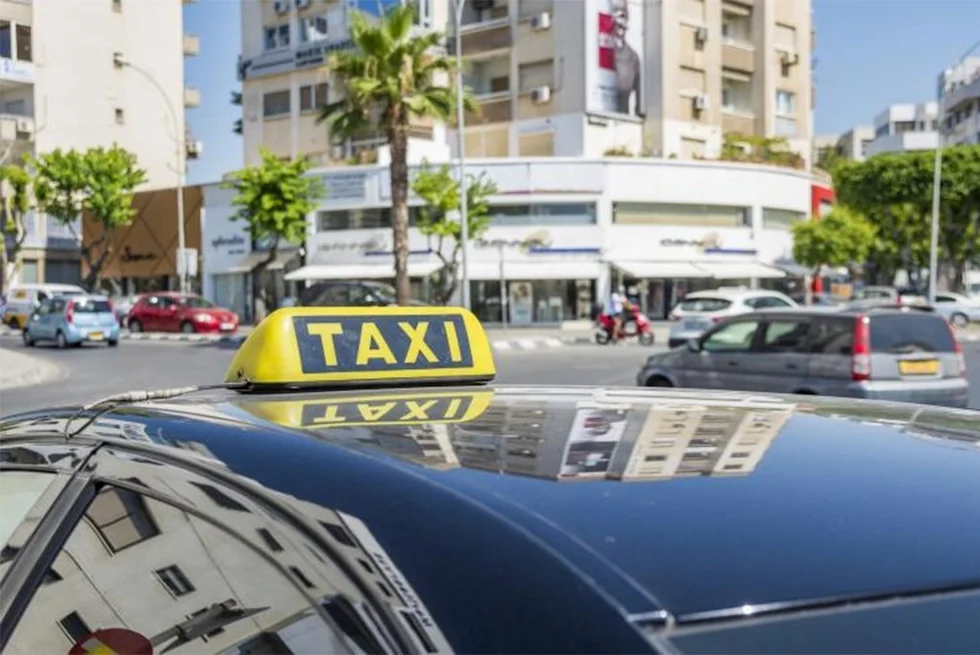By Alexander Sapov
Cyprus’ proposal to fine passengers €500 for knowingly hiring an unlicensed (‘pirate’) taxi is a bold – yet internationally tested – attempt to choke demand for illegal transport. Until now, European enforcement has overwhelmingly targeted drivers and platforms. Only Spain applies a comparable rule, with regional authorities issuing passenger fines of up to €600. Early evidence there suggests that the mere ‘threat’ of a ticket steers many travellers back to licensed cabs, easing pressure on legitimate operators.
The Cypriot plan therefore sits at the cutting edge of transport regulation, but it is not without precedent. Law-makers are borrowing a play-book already used in other sensitive markets: Sweden, Norway, France and Israel criminalise the ‘purchase’ of sexual services; Italy can fine tourists thousands of euros for buying counterfeit handbags. In each case legislators concluded that attacking supply alone was not enough – demand had to feel the heat.
Three practical lessons emerge for Cyprus:
1. Public clarity is vital. Spain’s tourist campaigns (‘Don’t risk a €600 fine – use an official taxi’) made enforcement simple: if the sign on the rank is clear, a rider cannot claim ignorance. Cyprus will need equally visible cues at airports, ports and nightlife districts.
2. Enforce selectively but visibly. Spanish police stage high-profile holiday-season sweeps rather than constant roadblocks. A handful of well-publicised fines builds deterrence without clogging the courts.
3. Pair the stick with a carrot. Licensed fleets must remain competitive – clean cars, card payments, transparent pricing – so that law-abiding passengers do not feel penalised for doing the right thing.
Critics warn that client fines could ensnare unsuspecting tourists or push illegal rides further underground. Yet experience from Spain – and from the Nordic prostitution model – shows that demand-side penalties can reset social norms when backed by clear signage, modest but certain enforcement, and ongoing upgrades to the legal alternative.
If Cyprus couples its €500 passenger fine with a visible public-information campaign and continued crackdowns on unlicensed drivers themselves, it stands a good chance of replicating Spain’s success: shrinking the pirate-taxi market, boosting revenue for compliant operators, and – most importantly – delivering safer rides for passengers.
Alexander Sapov is co-founder and CEO of GetTransfer.com, a global travel marketplace operating under the Information Society Services (ISS) model.







Click here to change your cookie preferences